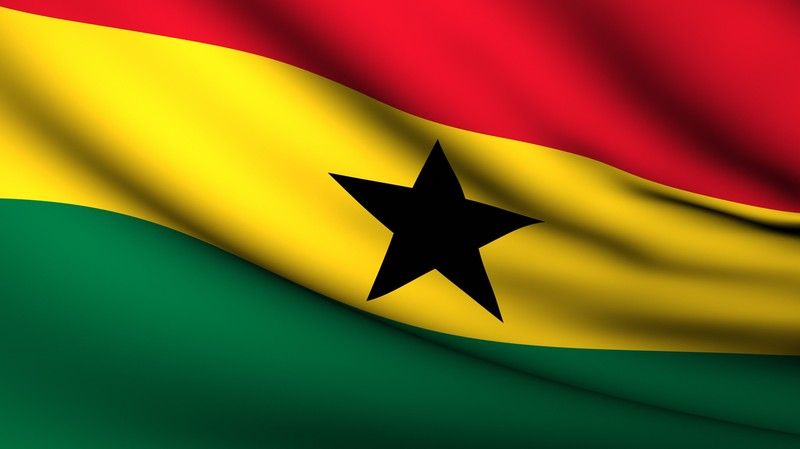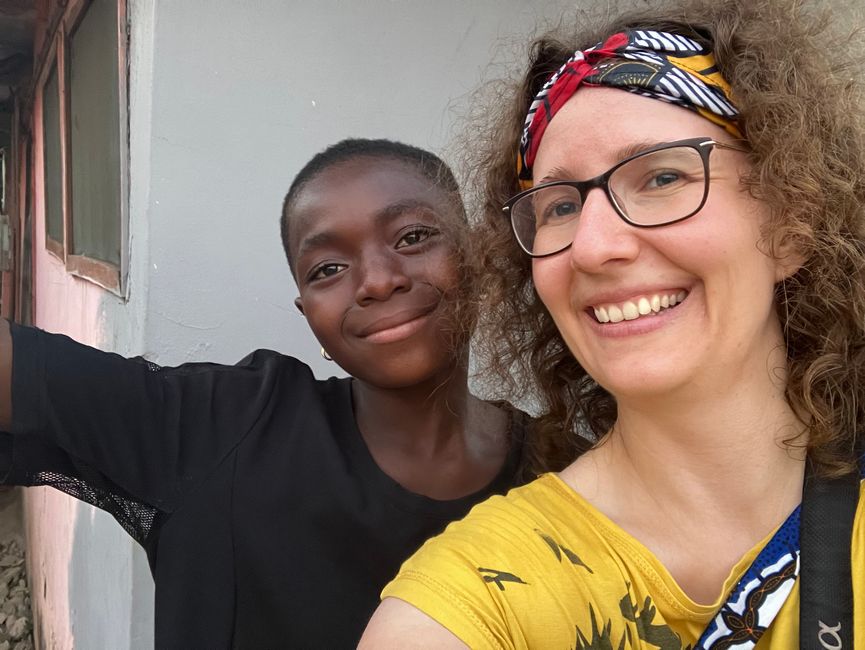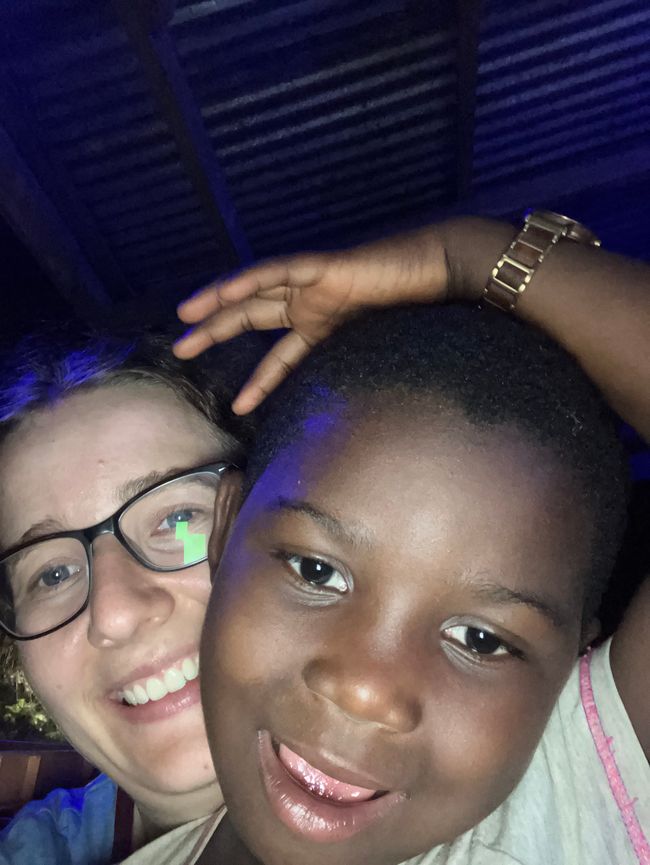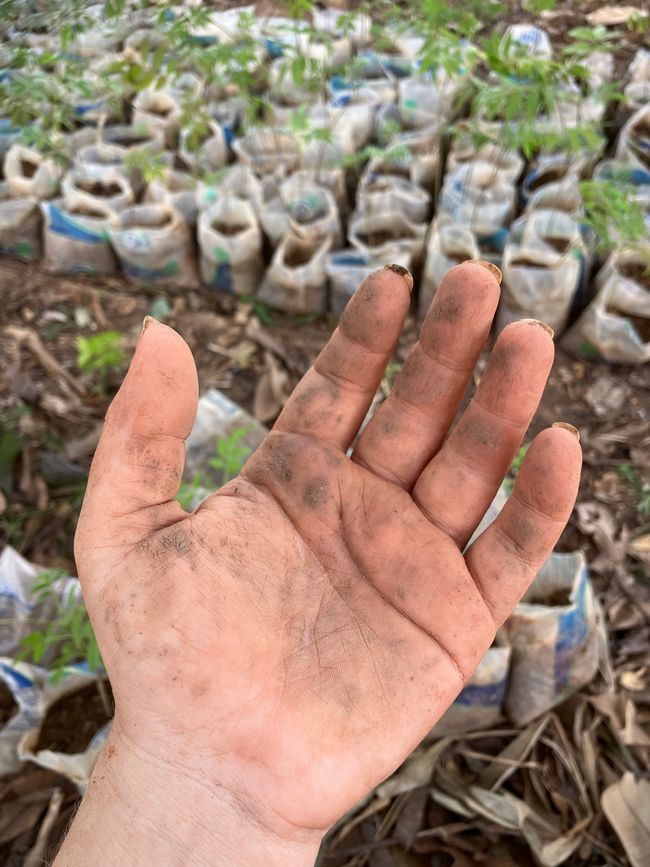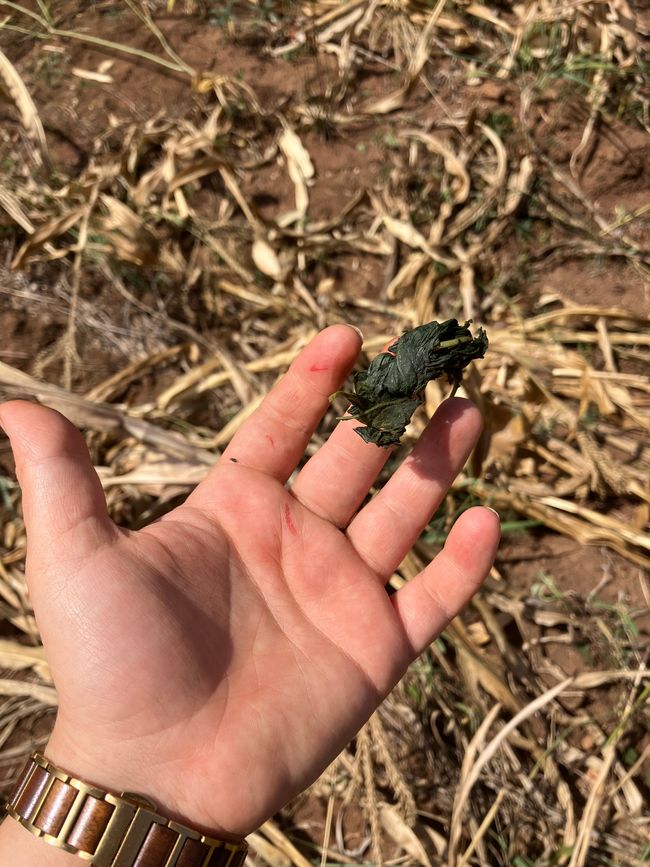
akwaaba-willkommen-in-ghana
vakantio.de/akwaaba-willkommen-in-ghana
Small and larger challenges in Ghana Part II
Wɔatintim: 05.01.2024
Kyerɛw wo din wɔ Newsletter no mu
I have already written an article about my personal challenges here in Ghana. Now the second part follows.
Eat:
The food here is good, but quite monotonous. If you break it down radically, there is rice with sauce and side dish. Sometimes there is also pasta as an alternative, but the rest remains the same. The fresh fruit makes up for it, but you often long for potatoes, pretzels and whole grain bread. The worst, of course, is the complete absence of edible chocolate. Dessert in general is almost a foreign concept here. Good thing I still have a chocolate bar left from home. But this will be saved until my birthday…hopefully.
Language:
Even though English is the official language here, it is very difficult to find someone who is truly fluent in it. Basic communication always works somehow, but you can't have real conversations. Unfortunately, Twi is too complex to build up a meaningful vocabulary in a short amount of time. English only became the official language because people could not agree on a common local dialect. This means that a language that only around 20% of the population can actually speak is an official language.
Attention:
Tourists rarely go to Ghana and hardly ever go to the Kwahu region where I live. That's why all the white people you see here are volunteers from us. As soon as you walk onto the street, you hear “Obroni” shouts from left and right. This means nothing other than white people. This is in no way meant to be racist, but simply a form of address, just like the locals use the word “Obibini”. About half of all adults and definitely every child call out to you when you are out in public. This is very nice, but it can become a bit tiring in the long run because the calls only stop when you give the other person proper attention. This ranges from just waving to short conversations to hugs. This results in you walking through the village waving like Queen and taking at least twice as long to complete one route. If, as in my case, you spend a relatively large amount of time with locals, everyone knows my name without me ever having met the person myself. This is sometimes quite confusing.
Equipment:
The projects are all mostly fun. However, the sometimes very poor and missing tools make our work very difficult. So we have too few machetes for all the volunteers assigned to work with them. In addition, they are so blunt that you hardly have a chance against stubborn weeds and grass. We also don't have shovels and dig up the earth with half plastic bottles. This works surprisingly well, but it probably could have saved me a blister or two. Additionally, one of our watering cans has too many holes in the wrong places and you have to be very quick so you don't lose the precious water. To carry water ourselves, we sometimes made improvised buckets made from canisters cut open and ropes as handles. The calluses on my hands could tell many stories about how painful it is to wear them after a certain amount of time.
Despite all the challenges, I make the best of every situation. Some are just unusual and others are, at worst, annoying. So just go with the flow...
Very many greetings
Veronica
Kyerɛw wo din wɔ Newsletter no mu
Anoyie
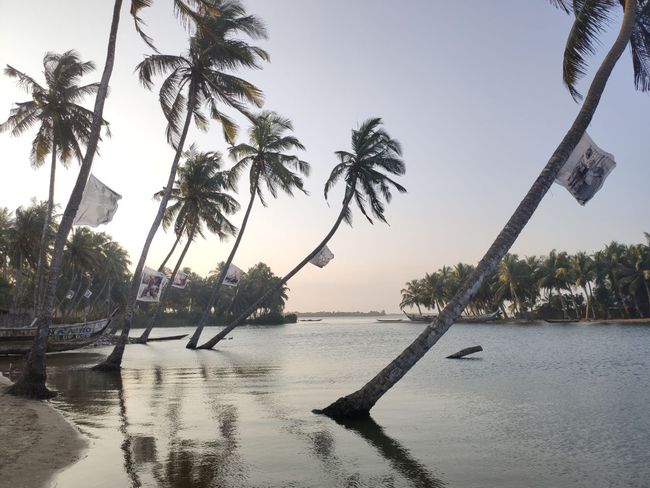
Akwantuo ho amanneɛbɔ Ghana
